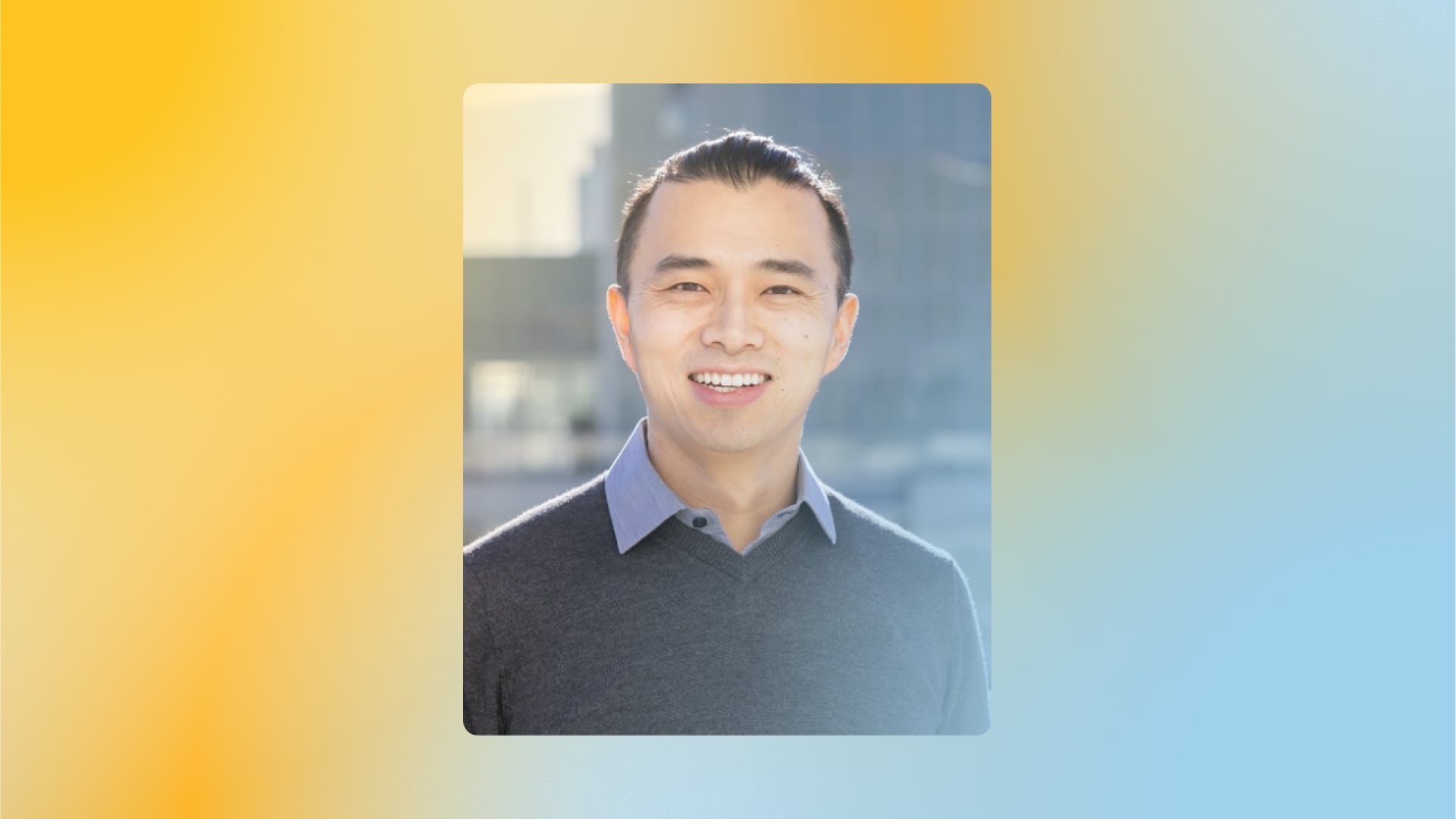
.svg)
A new $100,000 fee and stricter rules for the H-1B visa are upending how U.S. companies hire foreign workers. Reporters have turned to Boundless CEO Xiao Wang for analysis on what the changes could mean for employers and the country’s tech sector.
Here’s a round-up of his recent commentary across leading publications.
On the $100,000 H-1B Fee
Wang characterized the new rule as a form of “human tariffing”:
“Historically, tariffs have been applied as companies import goods and services into a country. … In this case, it’s the same thing, but for labor. … This new fee for H-1Bs outside of the U.S. acts essentially like a tariff.”
He also predicted legal challenges and multiple revisions before the rule ultimately takes effect.
“When the government imposes multimillion-dollar costs on hiring talent directly into the U.S., many firms will simply move the work abroad. Larger corporations can absorb the fees, but smaller employers will struggle, and for them, it often becomes cheaper to send the job overseas.”
“I’m regularly getting pinged by other CEOs and job creators who are asking if they’re able to continue to afford their employees. … When you only see snippets of headlines, you really have a lot of concern around how you operate your workforce moving forward.”
“If it’s done right … what this policy shift does is level the playing field.”
On Project Firewall and Compliance
Wang urged companies to press outsourcing partners on compliance:
“Outsourcing firms have historically been at the center of scrutiny in the H-1B program, and new restrictions are designed in part to curb their practices.”
He also advised long-term planning:
“Make sure to ask if the role becomes critical, is there a pathway to bring that talent in-house later? Employers should weigh the cost of outsourcing against extraordinary ability visa routes like the O-1 or EB-1A, which bypass the lottery but require more evidence.”
On the Wage-Based Lottery Shift
The new policies together send “a strong signal of the direction that the administration wants to go.”
If adopted, Wang said, the policies would favor employers keeping foreign graduates of U.S. universities and ensure that visas “disproportionately go to people who are deemed higher skilled, represented by higher wages and higher salary.”
On Impact to U.S. Innovation
“The U.S. has built its leadership in technology and innovation by making itself the destination of choice for the world’s top talent. Policies like this … make it harder for bright, ambitious people to come here and put the United States’ standing as a global leader in innovation at risk.”
Measures like this risk making it “harder for bright, ambitious people to come here.”
On the Policy Rollout
“What happened on Friday was either a masterstroke of creating chaos, a policy that wasn’t thought through and was quickly adjusted due to public backlash, or maybe both.”
Closing
From warning about “human tariffing” to cautioning on long-term impacts to U.S. innovation, Wang’s commentary underscores how disruptive these new H-1B measures could be for employers and workers alike.
Boundless will continue to track every update to the H-1B program and share insights from our leadership team..
{{cta-component-center-aligned}}
.png)
.png)
.png)




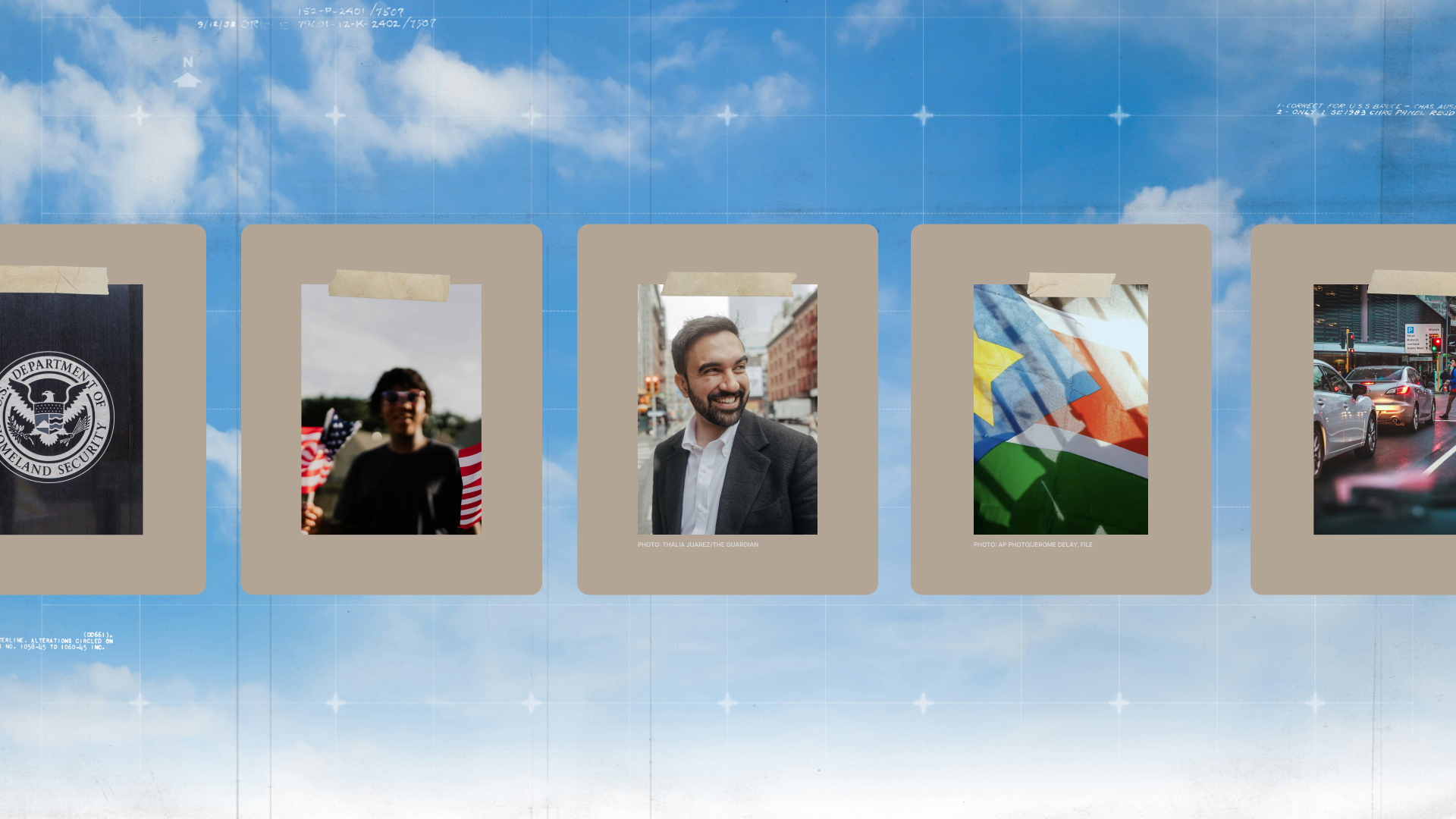
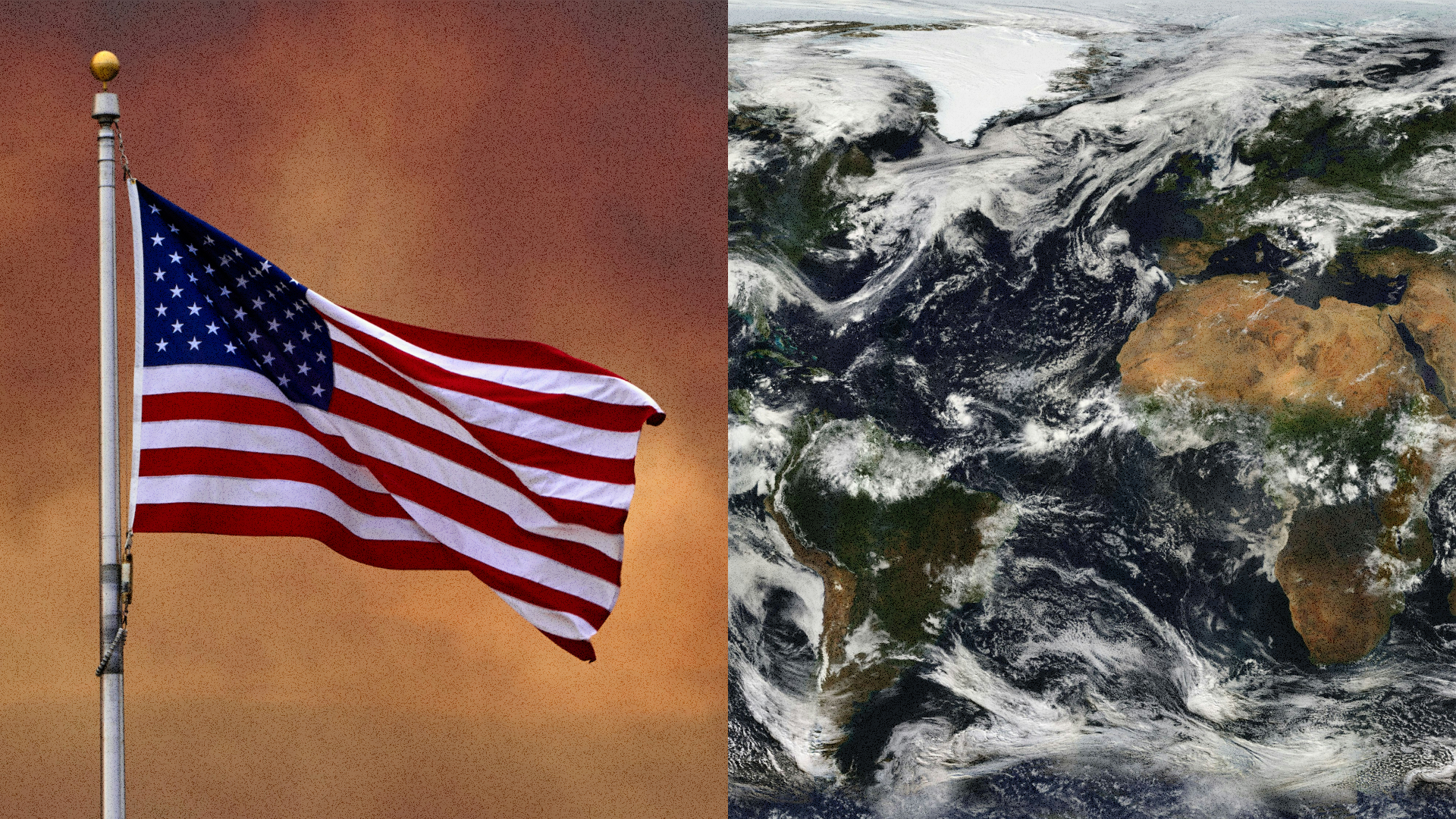
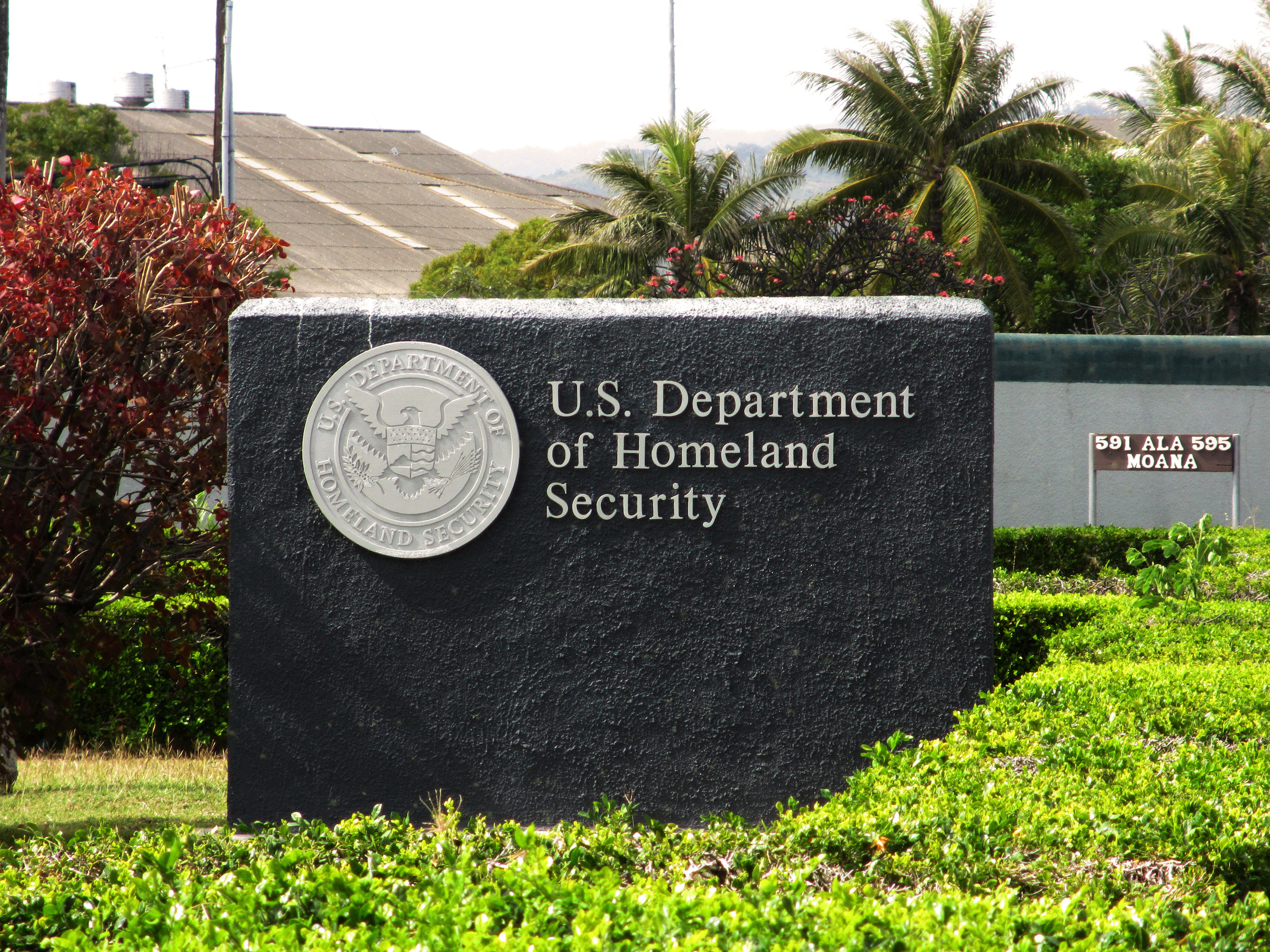
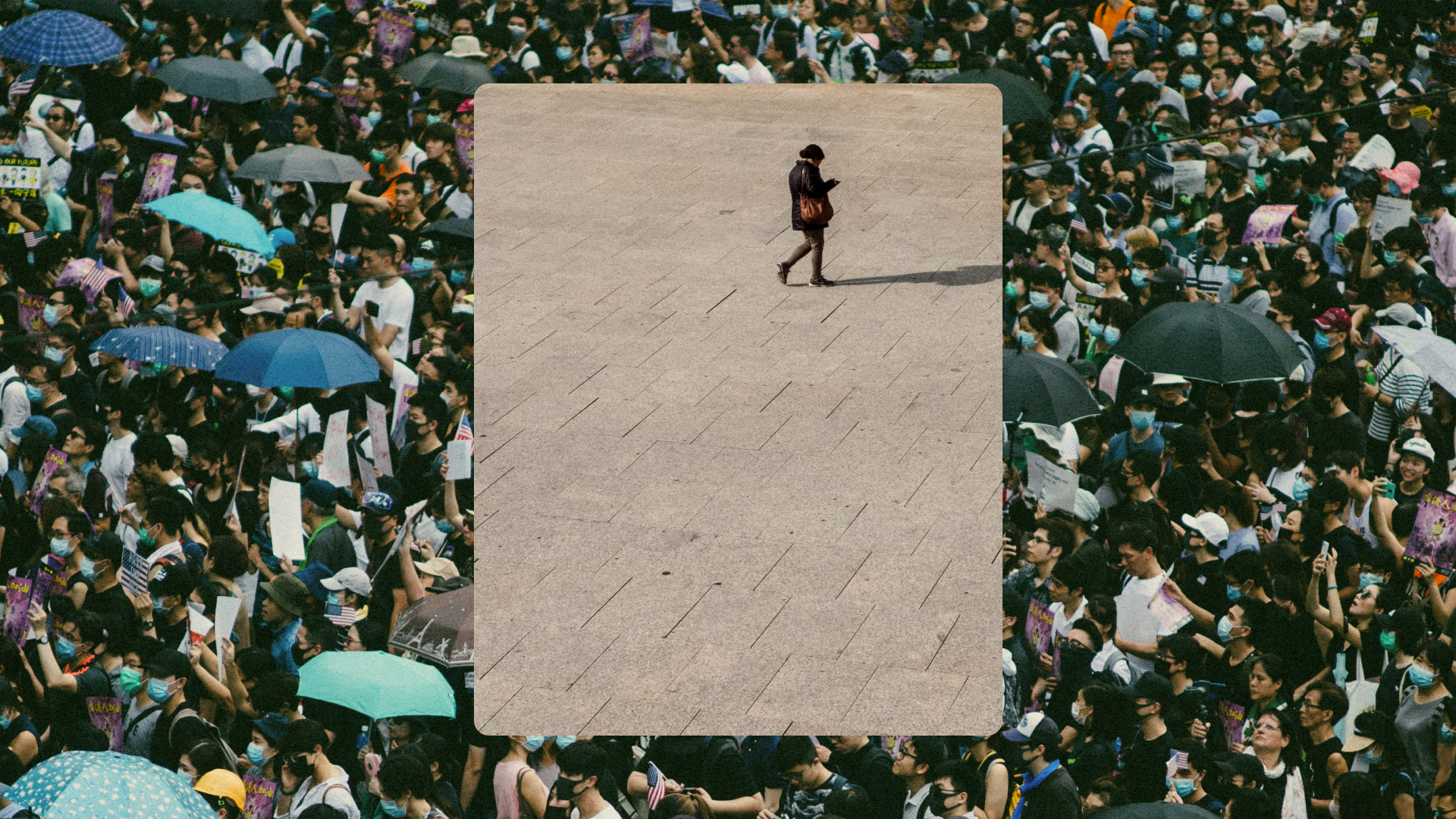

.svg)
.avif)